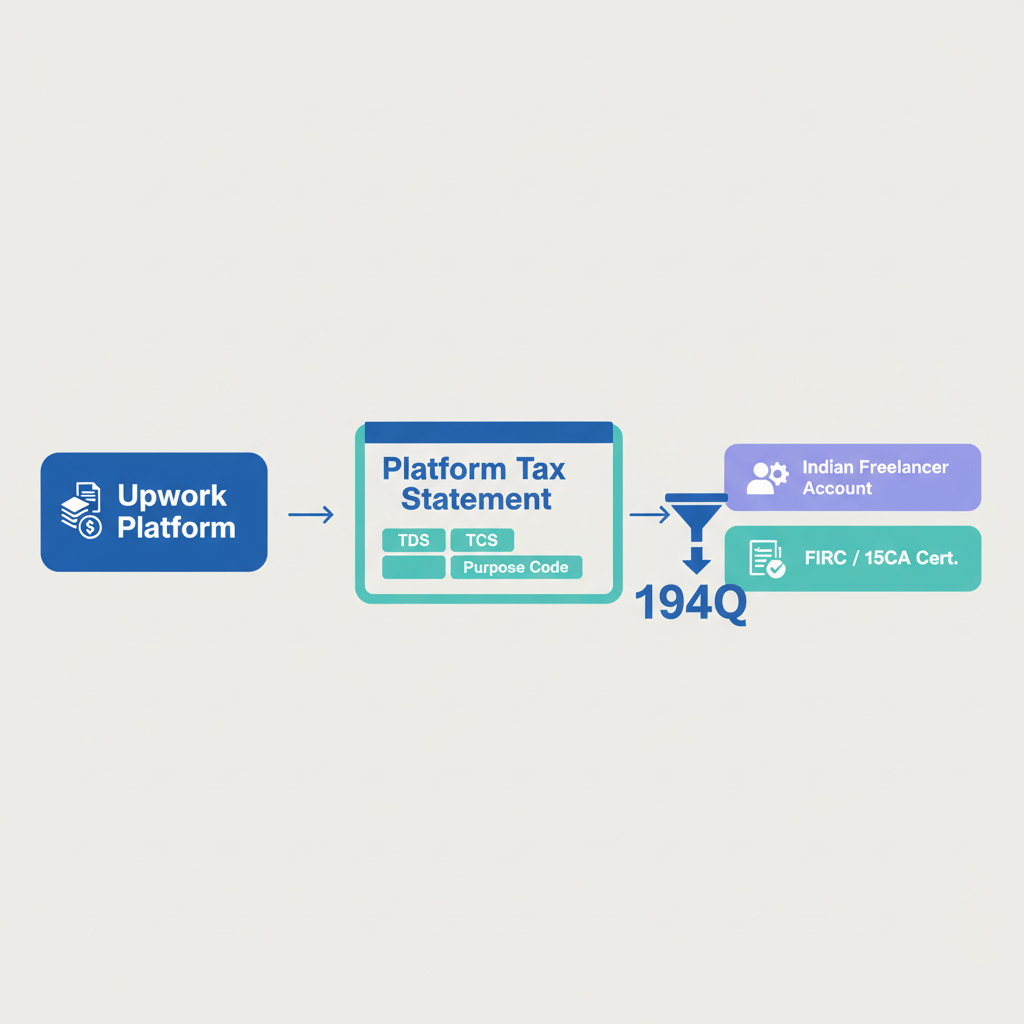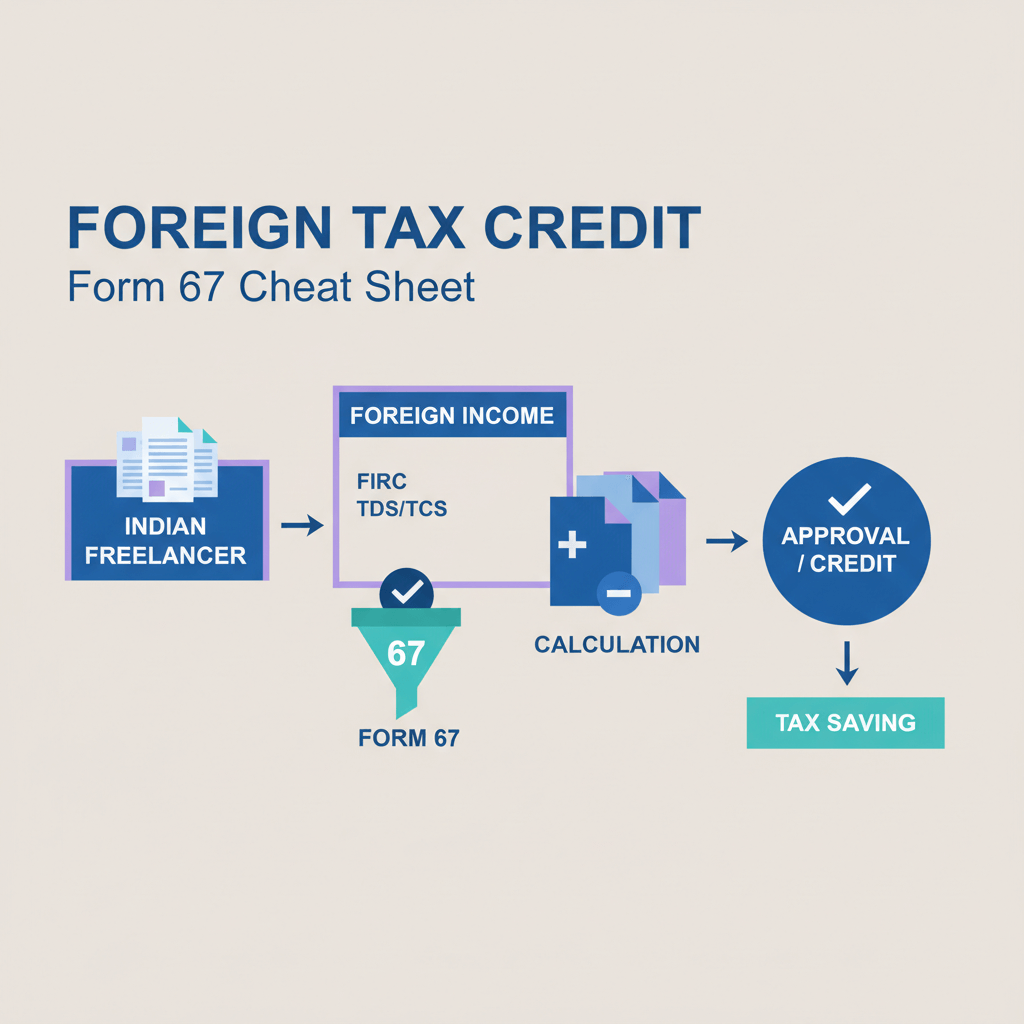Outward remittances through LRS in the last financial year 2022-23 recorded a historical high of $27.14 billion. This underscores the improvement in RBI guidelines regarding outward remittances. However, there are still some restrictions on outward remittance that businesses need to be aware of.
This article covers most of these restrictions and common mistakes so that your outward remittance functions without any delays.
Important Restrictions on Outward Remittance
Outward remittances from India are strictly regulated under the Foreign Exchange Management Act (FEMA) and supervised by the Reserve Bank of India (RBI). This ensures the safety of the foreign exchange reserves and national economic priorities. Some of the key restrictions on such remittances are listed below:
1. Limits under the Liberalized Remittance Scheme (LRS)
The Liberalized Remittance Scheme allows Indian residents, or individuals, to send up to $250,000 per financial year for specified purposes. This limit is cumulative on all permissible categories, such as:
- Education abroad
- Medical treatment
- Maintenance of close relatives residing abroad
- Travel and tourism
- Investment in overseas equity or debt instruments
Exceptions:
The LRS limit does not cover remittances for business purposes. Also, those done by public/private limited companies are not subject to this limit. Companies need separate authorization under FEMA for capital account transactions, such as establishing joint ventures or wholly owned subsidiaries abroad.
2. Prohibited Remittances
FEMA and LRS have specifically restricted some remittances, deeming them adverse to India's economic interest. They include:
- Lottery tickets, betting, or sweepstakes.
- Investments in entities involved in real estate trading, except under particular guidelines or in countries placed under non-cooperative jurisdiction.
- Margin trading and speculation.
Any attempt to remit funds for these purposes may attract penalties, legal action, and possible cancellation of remittance rights.
3. Purpose-Specific Approvals
Certain outward remittances necessitate prior RBI approval mainly for capital account transactions as well as activities that fall outside the LRS. Some examples are:
- Overseas Direct Investment (ODI): Businesses remitting funds for joint ventures or subsidiaries or strategic investments abroad.
- Gifts exceeding $250,000 annually require the grant of specific permission.
- The transactions of units operating within SEZs are subject to specific FEMA guidelines.
4. Restrictions for Non-Resident Indians (NRIs)
The following restrictions apply to NRIs for outward remittances from their Non-Resident External (NRE) or Non-Resident Ordinary (NRO) accounts:
- NRE accounts: The remittances of funds are allowed freely repatriable abroad.
- NRO accounts: Remittances up to $1 million in a financial year are permitted only for permissible transactions such as sale proceeds of property or income earned in India.
5. Monitoring of Transactions
All outward remittances are monitored very closely by the RBI under the Foreign Exchange Management System (FEMS) to curb illegal transactions such as money laundering or terror financing. A transaction may be flagged for its anomaly and the request may be rejected or may undergo investigation.
6. Currency-Specific Restrictions
RBI imposes additional restrictions on remittances involving certain foreign currencies. For example, remittances to countries like North Korea or Iran are subject to international sanctions, which require specific RBI clearance.
Documents Needed for Compliance in Outward Remittances
Submitting accurate documentation is essential for seamless processing and to avoid delays or penalties. Below are the key documents typically required for compliance:
- Form A2
- FEMA declaration form
- PAN card
- Invoice or contract from the foreign beneficiary.
- Proof of goods or services received (e.g., Bill of Lading, work completion certificate).
- Proof of tax payment (if TCS has been deducted).
- Beneficiary details
- Transactions exceeding $250,000 require special approval from RBI.
Common Mistakes Businesses Make During Outward Remittance
For those new to outward remittances from India, it can seem like a convoluted process. Here are some of the common mistakes businesses make when conducting an outward remittance:
Not preparing documents in advance - Various documents are needed for a smooth outward remittance (listed above). Delays in furnishing these documents will lead to delays in transaction processing.
Incorrect purpose codes - Movement of money outside of India is highly monitored by the RBI. Incorrect purpose codes can flag the transaction as unusual. Here is a list of RBI purpose codes for outward remittance. Please make sure to use the correct one.
Not using forex hedging services - Currency volatility is a thing that happens and exchange rates fluctuate. Sending money overseas during an adverse currrency movement can significantly increase your costs.
Practical Example of Outward Remittance
Payment to an International Freelancer
Bengaluru-based IT Company hires a graphic designer for a project from the Philippines for which it needs to remit $50,000. Here's how the whole process would go-
Documentation:
- The company is required to submit the invoice along with proof of work done by him.
- A duly completed Form A2 is supplied to the authorized dealer- the bank.
- PAN card details of the Company are submitted for tax purposes.
Compliance:
The bank confirms that the remittance is within the allowed current account transactions and that the purpose code is appropriately reflected as "professional services rendered."
TCS 5% is deducted in case of a company crossing the threshold of one year.
Approval
After ascertaining the genuineness of all documents, the transaction is approved and proceeds for processing.
FAQs on Outward Remittance Restrictions
1. What happens if an outward remittance is flagged by the RBI?
If a remittance is flagged by the RBI, it will undergo a detailed review under the Foreign Exchange Management System (FEMS). The transaction is typically put on hold while additional documentation or clarification is sought from the sender. If the anomaly is confirmed, the transaction may be rejected, and penalties may be imposed for non-compliance with FEMA regulations.
2. Can outward remittances be reversed after approval?
Outward remittances are usually final once processed. However, reversals can occur in exceptional circumstances such as:
- The account is invalid or the recipient is unable to accept the funds.
- Transactions detail errors, for instance, incorrect beneficiary information.
In these cases, after review, money will be credited back the amount to the sender. However, the process incurs other charges and several business days may be involved.
3. Are there penalties for breaching the FEMA guidelines?
Yes. FEMA imposes serious penalties upon breach of FEMA guidelines; these can include:
- A fine of three times the amount involved in contravention or ₹2 lakh, whichever is greater. In case of repeated offense, an additional penalty of ₹5,000 per day.
- For a serious violation, legal proceedings include asset confiscation or jail for willful defaulters.
- Banks can cancel the remittance rights of the sender in case of repeated offense or serious offense.
4. How do I appeal a rejected remittance request?
If your remittance request is rejected, you can appeal by providing additional documentation or clarifying the purpose of the remittance. For transactions that are outside standard FEMA provisions, a formal application can be made to the RBI.
5. What is the 7 lakh limit on outward remittance?
This is not applicable for business outward remittances from India. The 7 lakh outward remittance limit comes under the LRS scheme for personal remittances.











